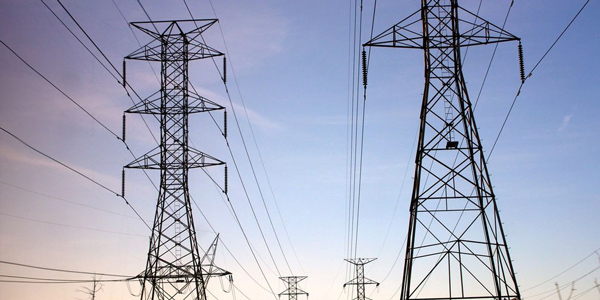By Tom Kleckner
FERC on Thursday denied a challenge by Sunflower Electric Power and Mid-Kansas Electric to the commission’s 2017 order allowing SPP to change its regional cost allocation review (RCAR) analysis from at least once every three years to once every six years (ER17-2229).
The commission said Sunflower and Mid-Kansas reiterated arguments they made in protesting the original order, when they said problems with the RCAR’s study assumptions, analysis and results made it unreasonable to decrease its frequency. The commission ruled their concerns as being out of scope. (See FERC Approves 6-Year Cycle for SPP RCAR Review.)
In rejecting the request, FERC said SPP’s decision to lengthen the review cycle “is further supported by SPP’s desire to avoid the expense of the RCAR analysis and by the fact that a vast majority of SPP zones have been at or above a 1-to-1 benefit-to-cost ratio.”
The commission said the companies failed to back up their claim that SPP’s Regional State Committee would be unresponsive to members facing an imbalance in cost allocation, or that they would need to conduct a study to request relief through the revised Tariff. “Parties could use existing data and studies to support a request,” FERC said.
“Further … SPP has in the past taken action to address stakeholder concerns related to cost allocation, and we expect it will respond in a like manner if presented with evidence the allocation has become inequitable,” the commission said. It noted the RTO had said “no individual transmission owners would be required to conduct a study prior to requesting that SPP perform an RCAR analysis.”
FERC also found no merit to Sunflower and Mid-Kansas’ argument that $7.8 billion in current base plan projects and expected increases in transmission investment suggests that the frequency of the RCAR analysis should remain at three years. The commission said that SPP was able to show that, compared to prior periods, “the overall pace of increase of transmission costs within the SPP footprint has slowed.”
Stakeholders approved a task force’s proposal to institute a six-year planning cycle in April 2017. The task force said the change would save SPP manpower and consulting costs. (See “RSC Approves Six-Year Cost Allocation Review,” SPP Regional State Committee Briefs.)
SPP’s cost allocation methodology, the “Highway/Byway” method, assigns 100% of all 300-kV+ transmission upgrades to zones on a regional basis.
The most recent regional cost review (RCAR II), released in July 2016, showed an overall 2.46:1 benefit-cost ratio for projects approved since June 2010 under the Highway/Byway methodology — a big increase from RCAR I, which showed a 1.39:1 ratio. Only one transmission zone was below the 0.80 threshold established by the Regional Allocation Review Task Force.
SPP said it took about 2,100 employee hours and more than $417,000 in payments to consultants to complete that review. The two RCARs have cost more than $1.5 million in consulting fees, and each study has taken at least six months to complete, according to the RTO.






